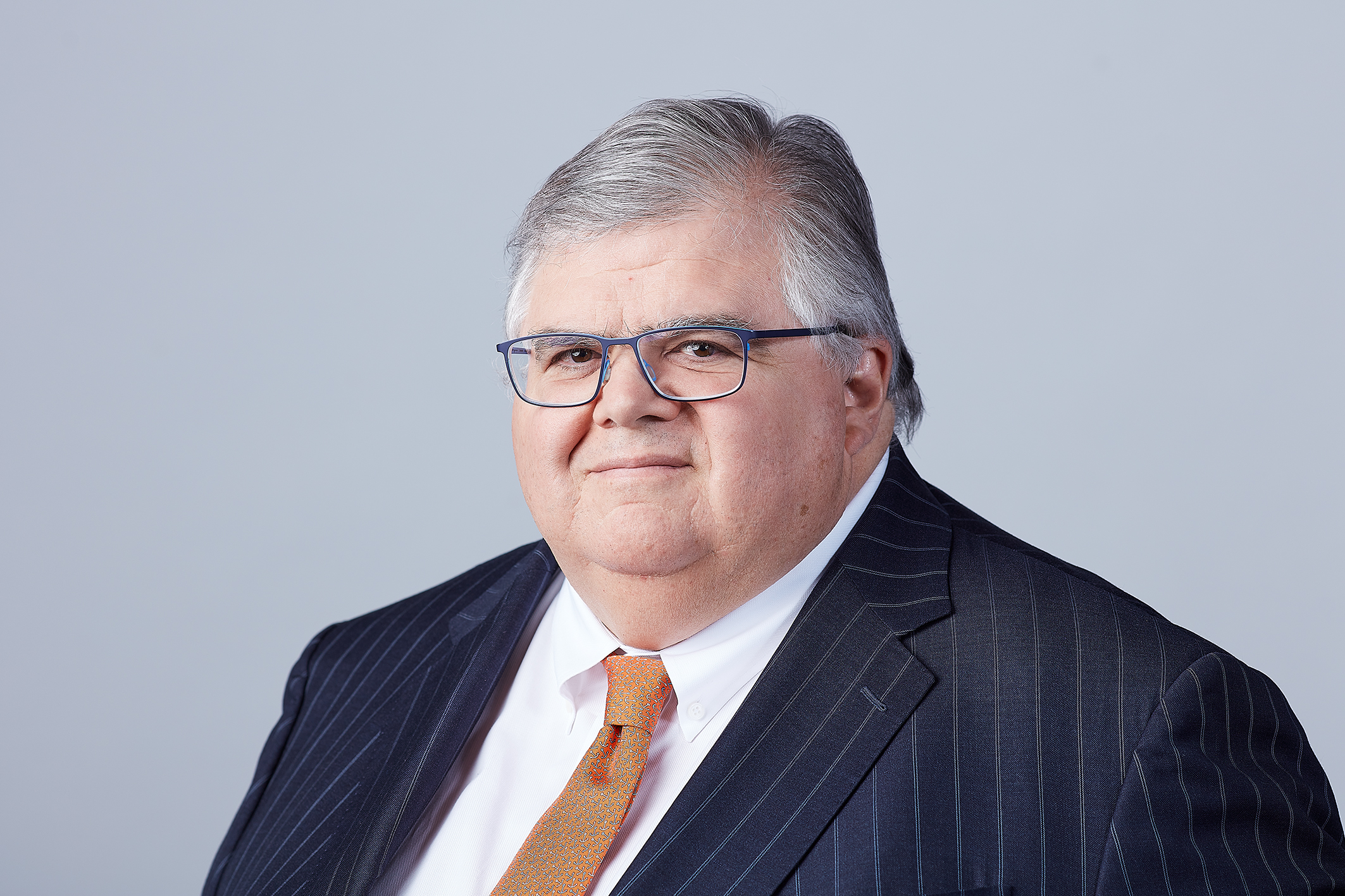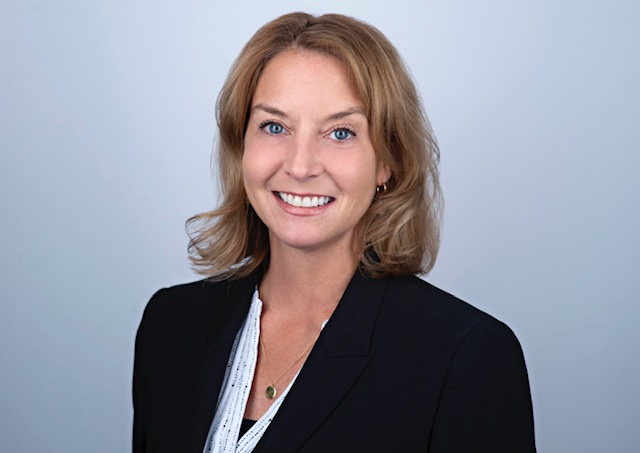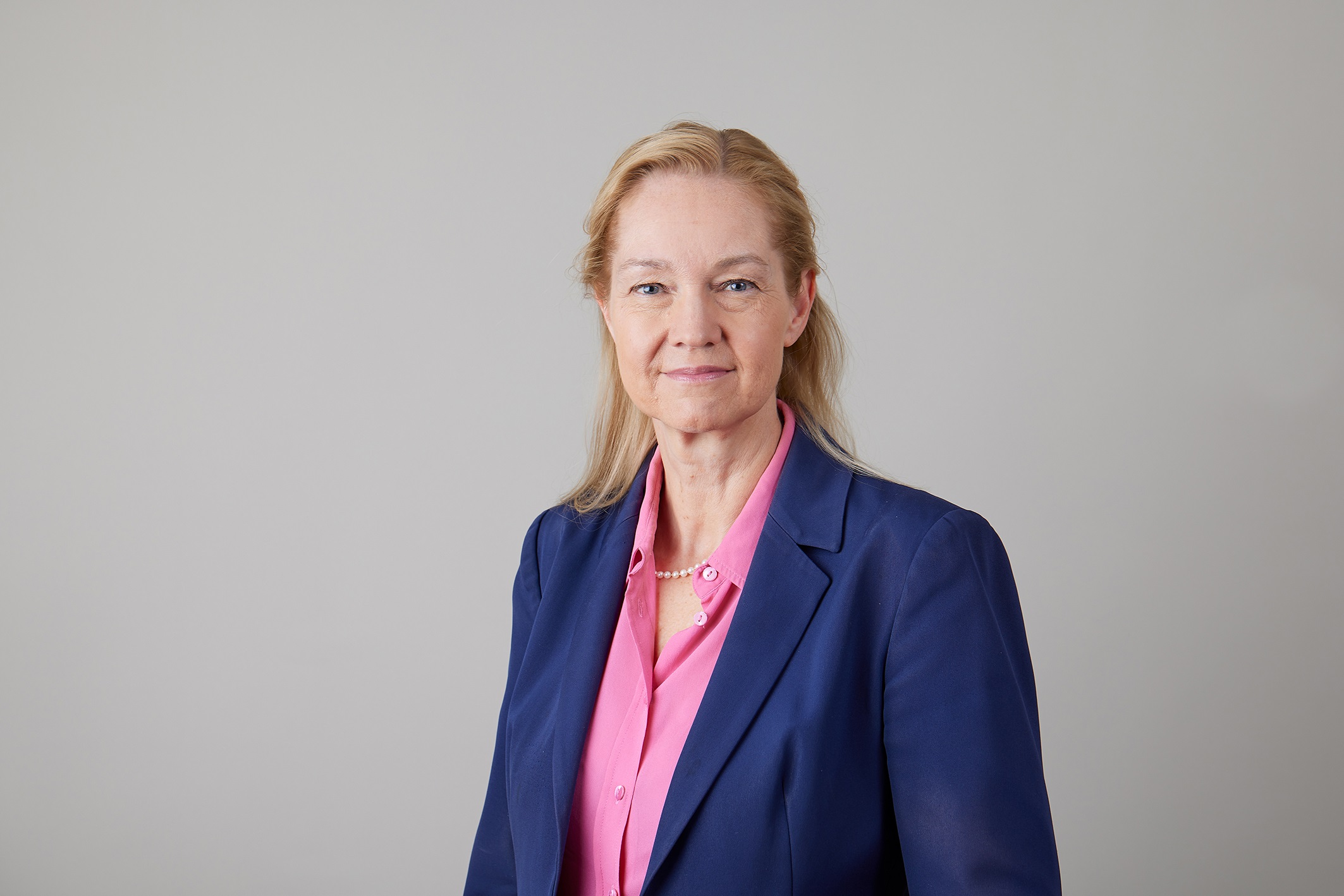Tuesday, Oct 22, 2024 | 04:10 PM - 04:55 PM
Location: Meeting Halls A&B HQ1-3-430A&B
OVERVIEW
Tokenisation is making inroads into the regulated financial sector. Regulated private institutions and the public sector are investing in initiatives that cover a number of use cases, which is resulting in new infrastructures and platforms. Existing tokenisation initiatives largely aim to streamline the various aspects of payments and financial market transactions. This in turn may provide opportunities to improve the safety and efficiency of financial market infrastructures through greater transparency, reduced transaction or information costs, higher speed and improved risk management. Opportunities may also arise for enhancing cross-border payments and fostering financial inclusion.
KEYNOTE REMARKS
 Agustín Carstens General Manager, BIS
|
MODERATOR
 Tara Rice Head of CPMI Secretariat, BIS
|
PANELISTS
 Roberto Campos Neto Governor, Central Bank of Brazil (G20 Chair)
|
 Chia Der Jiun Managing Director, Monetary Authority of Singapore
|

Cecilia Skingsley Head of BIS Innovation Hub
|
.jpg)
Sarah Breeden Deputy Governor, Bank of England
|
Roberto Campos Neto serves as Governor of the Central Bank of Brazil since February 2019. He holds a Bachelor's and Master's Degree in Economics from the University of California Los Angeles (UCLA) and has extensive professional experience in the financial sector. For over two decades, he held positions and leadership roles in financial institutions, in Brazil and abroad, such as Bozano Simonsen, Claritas, B3 and Santander, where he headed the Global Treasury for the Americas. Ahead of the Central Bank of Brazil, he launched the BC# Agenda, a set of structuring measures that aim to foster competition, inclusion, transparency, education, and sustainability in the national financial system. Among the highlights of the BC# Agenda are the creation of the Pix instant payment system, the implementation of Open Finance, in addition to the incentive and modernization of actions in microcredit, cooperatives, rural and real estate credit and the development of the financial green agenda. Campos Neto was nominated by the British magazine The Banker, a Financial Times group publication, “Central Banker of the Year 2021”, recognizing his efforts to achieve inclusion and development objectives. He also received the distinction “Central Bank Governor of the Year 2022” from the North American magazine LatinFinance, acknowledging his success in dealing with the effects of the Covid-19 pandemic, the Russian-Ukrainian conflict, and the tightening of global financial conditions. Also in 2022, his performance was classified with an “A” grade by the European publication Global Finance Magazine in an annual assessment of more than 90 central bankers. The assessment considers, among other aspects, the appropriate implementation of monetary policy to the economic conditions of each country.
Mr Chia Der Jiun was appointed Managing Director of the Monetary Authority of Singapore (MAS) on 1 January 2024. He was previously Permanent Secretary (Development) at the Ministry of Manpower (MOM). Prior to his appointment at MOM in 2020, Der Jiun had spent 18 years at MAS in a range of functions covering monetary policy implementation, reserve management, macroeconomic surveillance, and banking supervision and regulation. At the MAS, he was last Deputy Managing Director (Corporate Development) with responsibilities for risk, finance, payment system and currency operations, HR and organisation transformation. Der Jiun also served as Executive Director for Southeast Asia at the International Monetary Fund from 2011 to 2013. He holds a BA(Hons) in Politics and Economics from Oxford University and an MBA from INSEAD.
Cecilia Skingsley became Head of the BIS Innovation Hub in September 2022. She is a member of the BIS's Executive Committee. Previously, she held the position of First Deputy Governor of the Riksbank since November 2019. Most recently she chaired the BIS's Committee on Payments and Market Infrastructures Future of Payments Working Group, was the Governor of the Riksbank’s alternate on the General Council of the ECB and member of the Advisory Technical Committee (ATC) of the European Systemic Risk Board (ESRB). Prior to holding the position of Deputy Governor of the Riksbank from May 2013 to November 2019, Ms Skingsley held various roles including Head of FX and Fixed Income Research and Chief Economist at Swedbank (2007-2013); financial journalist and Head of Financial Market Section at Dagens Industri (2000-2007); Macro Analyst, ABN Amro Bank (1998-2000).
Ms Skingsley holds a degree in economics and political science from Stockholm University. She received a financial analyst degree from SSE Executive Education at Stockholm School of Economics (formerly IFL at Stockholm School of Economics) and studied journalism at Poppius School of Journalism in Stockholm.
Sarah Breeden became Deputy Governor for Financial Stability on 1 November 2023. She is a member of the Monetary Policy Committee, Financial Policy Committee, Prudential Regulation Committee and the Bank’s Court of Directors. She has specific responsibility within the Bank for financial stability, the supervision of financial market infrastructures, international issues, central bank digital currency and fintech. Sarah also leads the Bank of England’s work on climate change, domestically and internationally, a role she has held since 2016. She has been a Steering Group member of the international central bank and supervisors’ Network for Greening the Financial System (NGFS) since its inception in 2017, and chaired its macrofinancial workstream from 2018 until early 2022. Sarah joined the Bank in 1991. Prior to her current role, Sarah was the Executive Director for Financial Stability Strategy and Risk and a member of the Financial Policy Committee (2021-2023). Previously, she was the Executive Director for UK Deposit Takers Supervision (2019-2021), responsible for the supervision of the UK’s banks, building societies and credit unions, and Executive Director for International Banks Supervision (2015-2021), responsible for supervision of the UK operations of international banks. Before that, Sarah held a variety of roles, including leading the design and risk management of financial market operations undertaken by the Bank during the financial crisis, and then leading the Bank’s work to support the transition of prudential regulation of banks and insurers from the Financial Services Authority to the Bank. Sarah has an MA in Economics from Cambridge University and an MSc in Finance from the London Business School. She is a trustee of the Education Endowment Foundation.